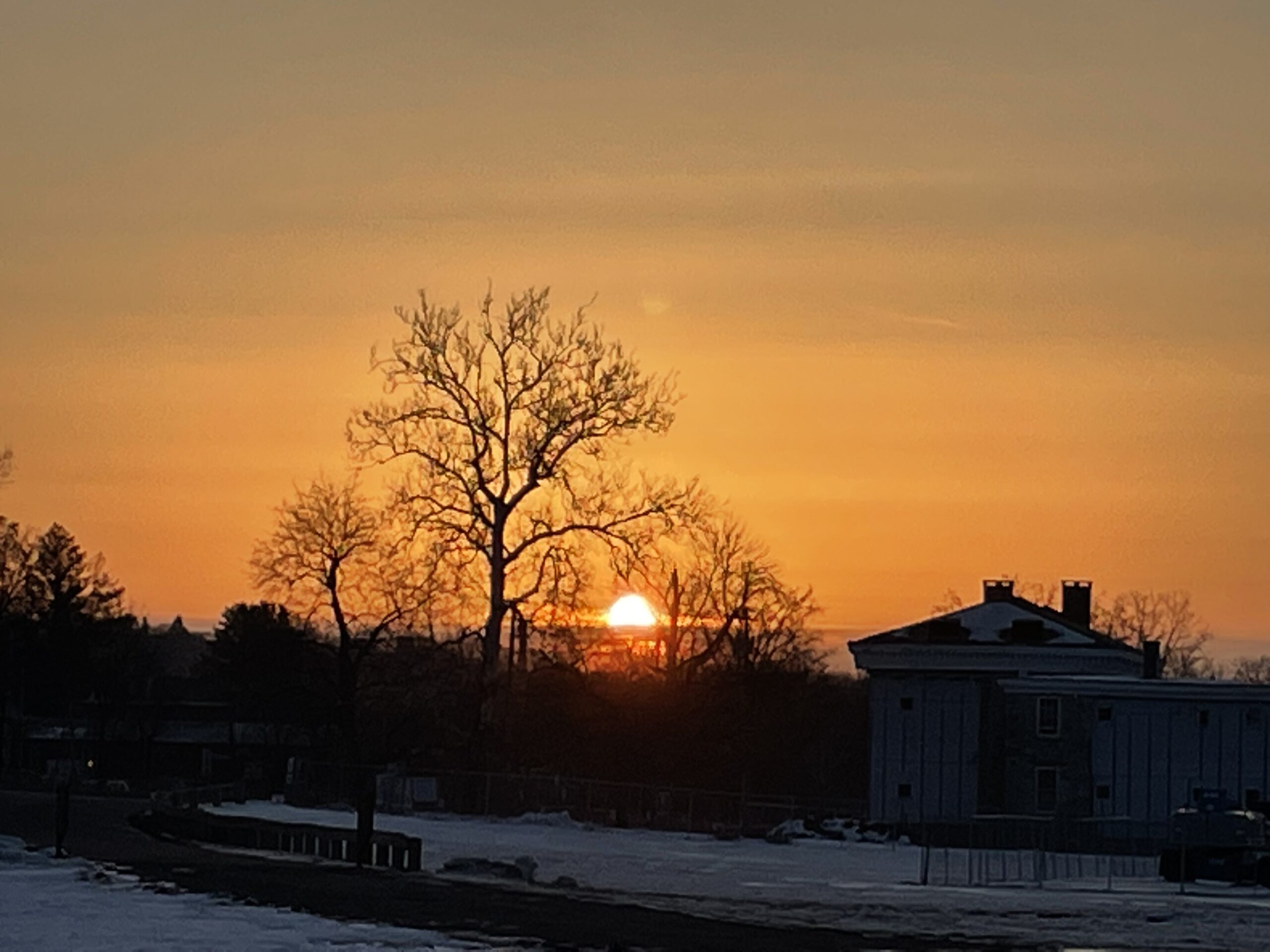Monday, September 19, 2016
My first experience of the Quabbin Reservoir area of Massachusetts, was in 1974. My first job, after graduating Paul Smith’s College, with a degree in forestry, was to thin the Red Pine forests on the peninsula. We harvested these trees for posts and poles, with the larger material and any White Pine going to sawmills for lumber. It is there that I first gained respect for how special that area is, with its rock walls surrounding what had been private property and old townships.
I began visiting the other gates, on a regular basis and was quickly enthralled by the wildlife (especially beaver) that I often encountered as a result of what had become a natural forest setting. Likewise, as a logger, it was not uncommon for me to encounter wild turkey or deer, once the saws and skidder had stopped for the day. While cutting trees, on a couple of occasions I happened on a flying squirrel nest, which I respectfully backed away from, until they had time to relocate.
Through my background in forestry and my experience at the Quabbin, I gained a healthy respect for the animal and bird inhabitants of this area. As well I developed a humble respect for the majesty of many of the great hardwoods and pines that make up the majority of the forest. These serve as homes, shelter and food for the native population I have mentioned. I have also been witness to these great Trees which additionally serve as anchors to the continued survival of the forest, connecting the greater past forest with the present, preserving a way of being which is gradually being lost in so many parts of this country, let alone the world.
My respect for “old growth” and older growth forests is not just about preserving these for the benefit of visitation by generations to come. My respect for these forests and the entire Quabbin area is to maintain this connection to how forests were meant to grow and sustain the rest of the planet through their interconnectedness within their own community and beyond. The dwindling natural forests of this country and world, due to urban expansion, privatization, and reckless harvesting is in fact having a negative impact on our very environmental needs for survival.
This isn’t just about whether or not to cut trees. Everything is so interconnected, the trees with the air, with the water, with the wildlife, with our own well being. Studies continue to be done of this interconnectedness, through even the root systems of the trees.
As a student of forestry and a consumer, I understand the need for logging. I understand that the trees serve as a natural resource for many purposes I need not mention here. As a former logger, I understand the ins and outs of harvesting timber. Yet, through all of this life’s experience, I also understand and respect the greater need to preserve areas such as the Quabbin, to serve as anchors for the greater good and survival of our own species, let alone that of the wildlife and vegetative species found only there.
As an additional note, on the topic of clearcutting, I have witnessed this continued means of logging in the beautiful state of Oregon. I understand the economics of this means of logging. I can easily see how the forest is treated as a crop, in Oregon, and as such is harvested and replanted, to be harvested again, many years down the road. I have also stood out on a recently harvested by clearcut area. And, I have to say, aside from the economics or any other forestry standpoint as to the benefits of this type of logging, it just feels wrong.
Clearcutting totally changes the environment of the land, the air, the water, the habitat. It takes the forest a human lifetime (at least) to recover. In the meantime, it affects every aspect of the environment we all depend on, even on an emotional level.
The Forest is not merely a physical entity. It is a living, breathing, beneficial being that is interconnected with every aspect of our own welfare and as such it is important to preserve areas such as the Quabbin Reservoir for the benefit of us all.
